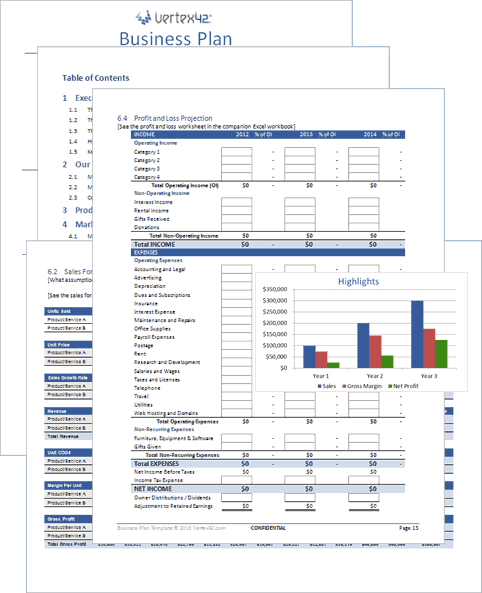Why Write a Startup Business Plan?

The advantages of writing a startup business plan include everything from clarifying initial concepts to attracting potential investors. The process of business planning can help you identify weaknesses as well as opportunities that you may have missed.
Entrepreneurs are encouraged to examine each step required to start a business in order to avoid mistakes in the long run by planning. Collecting data through market analysis can help you make confident decisions and add a dose of reality to your business idea by confirming or challenging initial assumptions about your product, business model, or success strategies.
After you've clarified your startup's vision, analyzed financial and market data, and defined goals, you can develop a strategic action plan to serve as a guide for achieving goals and addressing challenges.
After the startup is established, continue with business planning to identify opportunities to grow and improve the business, and plan resource utilization and development. If you think of your business plan as a dynamic document that you review and update on a regular basis, you can also use it to measure progress over time. An effective plan communicates the company's vision to team members and stakeholders, providing a foundation and adaptive model that can grow and change with the company.
One key reason for startups to develop sound business plans is to convince investors and lenders to finance the endeavor. Most banks and investors will want to see detailed financial projections and a statement of your current personal and business financial standing.
Investors may want to see market data and other proof that your plan has a high chance for success. Without adequate financing, no startup can succeed, so it’s essential to create an ironclad pitch for funders.

